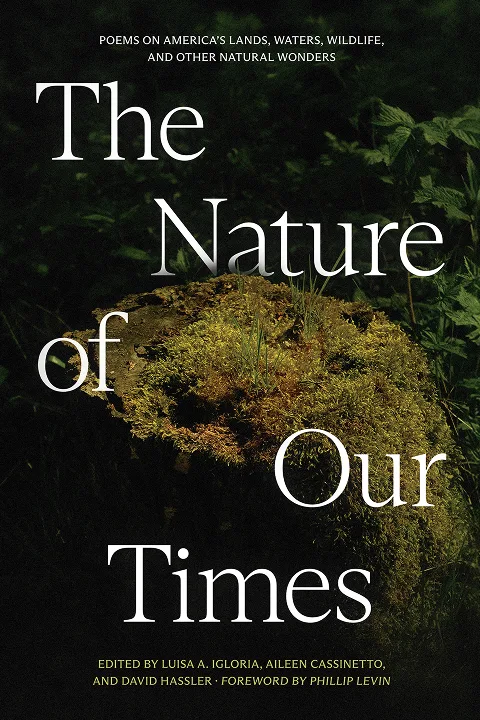Europe: Remorse and Exhaustion
Europe: Remorse and Exhaustion
Pascal Bruckner is one of the leading figures of the Generation of 1968 in France-which is to say, he is someone who, in his student days, agitated for the revolution. And he is someone who, as he grew up, never lost the grand traits of the student uprising of ’68: the instinct for the new and the fresh, the spirit of impudent truth-telling, the spirit of internationalism, the instinctive knowledge that politics and culture and sexuality cannot be divorced. These traits have made him one of the liveliest and most incisive intellectuals in France. And he commands the distinctively French art of the essay. Bruckner wrote one of the most important criticisms of left-wing self-delusion in The Tears of the White Man, which I urge the readers of Dissent to examine. I have especially admired his La Mélancolie démocratique and La Tentation de l’innocence-the latter of which shows that, among the French writers today, no one has a better understanding of the United States. He has had a lot of success in France with his novels. And he has accomplished one other thing. In the 1990s, Bruckner was one of the intellectuals who succeeded in forcing France to intervene more forcefully in the Balkans-which eased the way for the United States to follow suit. This is, then, an admirable writer who is also an admirable man. In this present essay, he criticizes his fellow Europeans-and he criticizes the United States.
-Paul Berman
For the last half century, Europe has been haunted by the demons of repentance. Ruminating over its past crimes-slavery, imperialism, fascism, communism-it has seen its history as nothing but a long litany of murder and rapine culminating in two world wars. The typical European man or woman is a sensitive creature always prepared to feel pity for the sufferings of the world and to assume responsibility for them, always asking what the North can do for the South rather than what the South can do for itself. By the evening of September 11, a majority of our citizens, despite their obvious sympathy for the victims, were telling themselves that the Americans had it coming. Make no mistake: the same argument would have been made if the terrorists had destroyed the Eiffel Tower or Notre Dame. Sensitive souls on both right and left would have urged us to flagellate ourselves: we’ve been attacked, so we’re guilty. Our attackers are really poor people protesting against our insolent wealth and our western lifestyle. We Europeans spontaneously agree with our enemies in the way we judge ourselves, and we take shelter from the furies of the age by focusing on everyday economic and social problems.
The Ambiguities of Masochism
Europe gave birth to monsters. No doubt. But by the same token, it created the ideas that enable us to analyze and to destroy those monsters. Europe has an extraordinary and paradoxical nature. Consider the history. Feudal tyranny led to...
Subscribe now to read the full article
Online OnlyFor just $19.95 a year, get access to new issues and decades' worth of archives on our site.
|
Print + OnlineFor $35 a year, get new issues delivered to your door and access to our full online archives.
|






